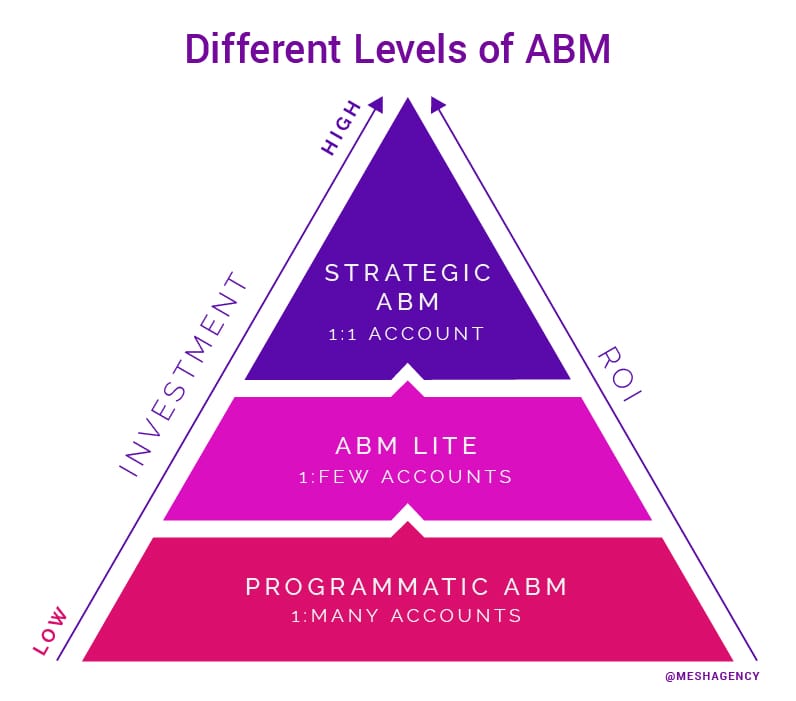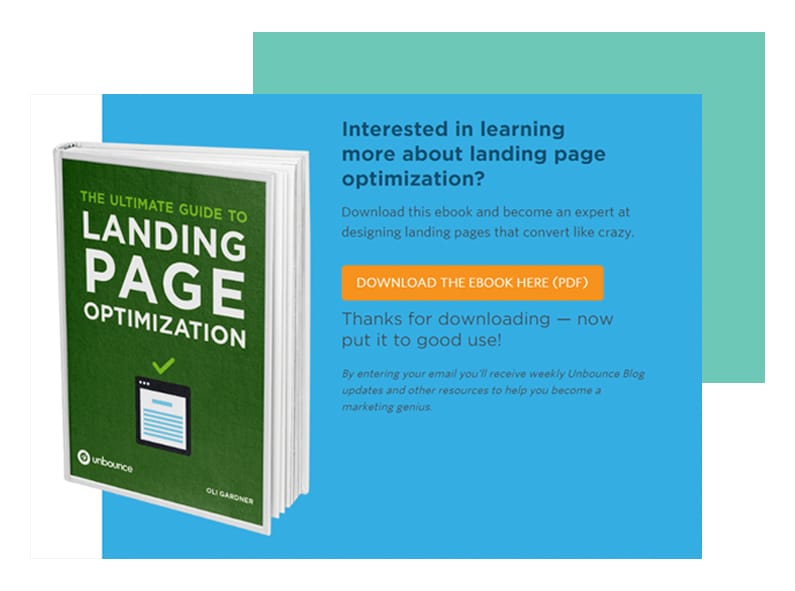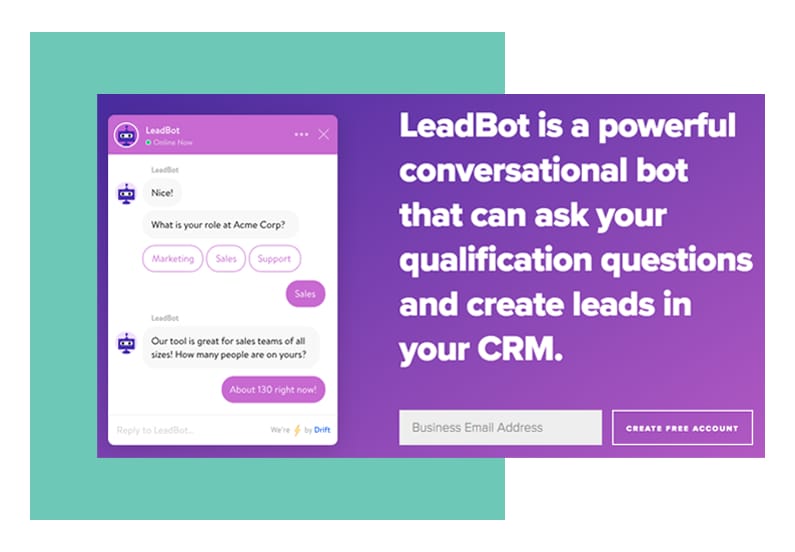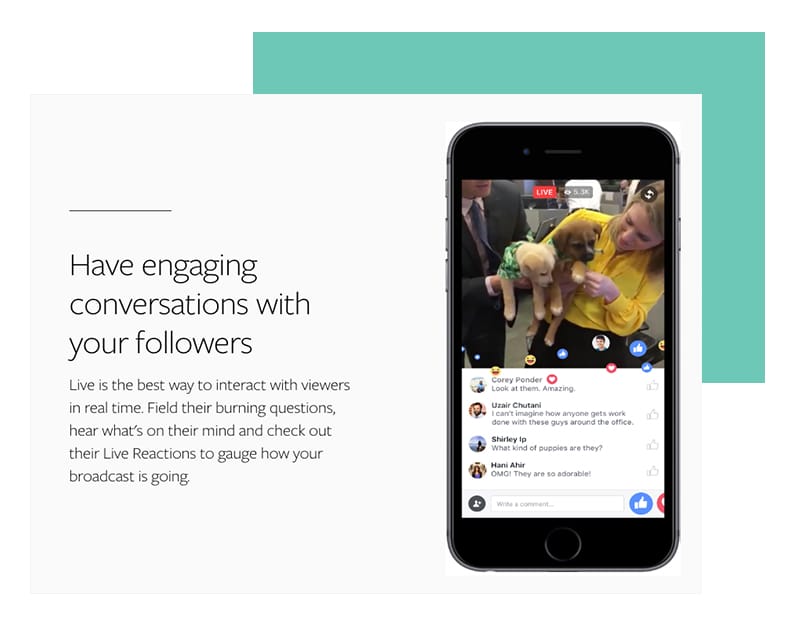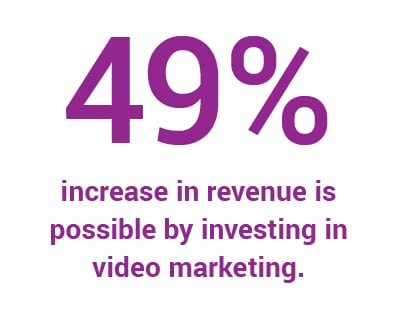According to fashion entrepreneur and founder of designer fashion portal Net-a-Porter, Natalie Massenet, “If you want success, be unique.”
Wise words in any industry, yet especially true—and necessary—when you’re focused on content marketing.
The need to stand out is nothing new. It’s expected, especially in a sea of content marketers all vying for the #1 (and sometimes #2) spot.
And it’s no different for you.
In an effort to distinguish your brand from others in your market, you’ve probably already created a ton of content ranging from blogs and social media posts to eBooks and white papers.
And for some reason, it just isn’t delivering on the promise of content marketing.
This is a problem.
You’ve been doing everything right… you’ve binged on all the books, blogs, and boasters (those who promise that their one trick will make your content marketing efforts rock), yet it doesn’t seem to be enough.
Content Marketing Trends for 2019
What you need is an easy way to stay on top of the trends in content marketing for 2019, and we’ve tried to outline what we see coming your way this year.
Staying on top of content marketing trends is of the utmost importance if you want to be the queen (or king) of content.
As content marketing continues to evolve at a rapid rate, you need to ensure you’re not simply putting content out there without great numbers to show for it.
So sit back.
We’ve done the heavy lifting, conducted the research, and compiled a list of trends to help you stay on top of how content marketing will change in 2019.
Introducing ABM into the Marketing Mix
Don’t be fooled: ABM is absolutely not hype. Consider these ABM stats:
- Almost 85% of marketers that measured their ROI said their ABM initiatives outperformed some of their other marketing investments.
- 87% of B2B marketers have agreed ABM delivers a higher ROI than other marketing activities.
- Companies using ABM generate 200% more revenue for their marketing efforts.
Given these (and more) facts, it’s absolutely no surprise that marketers are beating the bushes to learn everything they can to incorporate some level of ABM in their marketing efforts.
And with this change, marketers will be looking at what types of content is needed at every stage of the ABM cycle.
Content Marketing Won’t Just Be About the Funnel
How do we avoid customer churn or attrition? How do we increase customer retention rates, and measure the lifetime value of the customer?
One content marketing trend for 2019 will be marketers’ ability—and responsibility—to create content that supports the customer post-sale.
From amazing “Thank you” pages to robust and exclusive training videos, content will be key to getting and keeping happy customers.
Content Marketing Must Add Value
How many times has your team sat around wondering what to blog about?
Too damn many.
In 2019, content marketers will be driven to add value to every stage of the buyer’s journey, in every way possible.
By understanding your buyer personas, the “jobs” they are looking to get done, the journeys they go on to learn more, and building out accurate value ladders, you will find that you never have to wonder what kind of content you need to create, ever again.
The Continued Dominance of Content Marketing
This really shouldn’t come as a surprise to anyone. The ability of content to create two-way conversations between prospects and business allows it to earn its place as a cornerstone component to any marketing strategy.
There was a time when it was not always this way, though.
Indeed, content marketing didn’t always enjoy the celebrity status it has received in recent times. Even though the idea of content marketing is easily hundreds of years old, it’s still a relatively new strategy and it used to be done as an afterthought to traditional marketing techniques.
As we as marketers continue to take on content creation and management as part of our regular duties, it shows the impact content marketing has had on how we market to prospects.
In particular, instant gratification has changed the way we leverage content to market to prospects.
Your content needs to be fast, personalized, and digestible. Your website needs to load faster than a snap of the fingers. Prospects need to feel as if you’re talking just to them. Content needs to be distributed in a single serving.
And this trend isn’t new.
The reason why prospects’ behavior is shifting so rapidly is because of shortened attention spans encouraged by the fast and furious rate of technological change. With your prospects being exposed to tens of thousands of ads, blog posts, and social posts on a daily basis, attracting their attention is a task in of itself.
Successful marketers cater to the new ways of attracting (and keeping) prospect attention.
For instance, consider that HubSpot built its business on nearly removing the salesperson from the sales cycle. And there’s Slack, who lets users decide for themselves if their product is worth it by offering free sign up and letting them upgrade their plan when users feel ready.
It’s all about keeping prospects happy at the very moment a need arises by streamlining the sales process.
Artificial Intelligence is Up and Coming
In keeping with satisfying prospects’ needs as the moment arises, artificial intelligence is on track to make sure customers don’t wait when accessing business sites. This is where chatbots come in handy, solving a wide swath of commonly asked product/service questions.
With almost 40% of marketing departments implementing the use of chatbots, the statistic is marked to rise as technology advances.
In fact, we’ve seen tremendous success leveraging Drift on our own site, to the tune of over $200,000 in new potential business attributable to their free tool in only three months.
But AI isn’t just restricted to chatbots.
Personal assistants, such as Apple’s Siri or Amazon’s Alexa, also have the capability to search the web using your voice. This is interesting from an SEO standpoint because it presents a unique challenge: how to optimize for voice search, the fusion of human interaction with technology.
Going deeper still into the pragmatic uses of AI is the use of it in tools.
By way of disclaimer, it is easy to confuse artificial intelligence with tools with sophisticated algorithms. To clarify, tools that obtain and analyze data, while automated for the most part, are not that same as AI. AI, by design, is a machine or software designed to emulate human behavior.
In content marketing, AI that creates content does exist, but at this point, it’s fairly lousy.
You can, however, expect to see AI in the future have a better understanding of how to understand text, context, and answer open-ended questions. While the AI of today can create content, humans content creators still rule the roost.
Live Video is the “It”
AI is fantastic, but some things just need a human touch. That’s where video comes in.
There are a few directions content marketing is going in 2019 and authentic video is one of them. More specifically, the traditional and scripted video with paid actors and a backdrop are taking a backseat to more authentic “behind the scenes,” live videos. Prospects want to be there experiencing a moment live with your brand — not just before and after.
To get a fuller picture of experiencing a moment with your brand, video is trending to the virtual and augmented reality side of the equation.
With VR and AR, your prospects now have access to more immersive interactions with your brand.
Consider the technological advancement of 360° viewing; it can empower you to immerse your prospects in geographically remote locations to see what items and services are like before they buy them.
By providing an immersive video experience that enables customers to make informed purchases, you are actually saving money, since it costs less these days to produce high-quality video content, while still seeing a potential increase in revenue of up to 49%.
The trends in AI and video are merely tools you may leverage in your content marketing arsenal. Tools are the most effective when you have a plan on how to use them.
This means that strategy and tactics are still irreplaceable in your content marketing.
Planning is Still Key
You may be able to get away with not planning your videos — live content is in right now, after all. But that’s not sustainable for the rest of your content marketing efforts. To be successful, you need a documented strategy for how you plan to proceed.
While there aren’t any one-size-fits-all formulas for how to cultivate a winning strategy, they all share traits in common with each other.
Those traits may include such questions as:
- Who are you trying to reach with your content?
- What problems are they trying to solve?
- How can you add distinct value to them at every stage of their buying journey?
- What goals are you striving to achieve?
- How are you going to do it?
After all, as the Content Marketing Institute notes, a documented content strategy is the difference between an effective content marketer and one who isn’t.
Just as the strategy informs the makings of an effective content marketer, worthwhile content can’t exist without a content audit.
What is A Content Audit?
2019 will be the year that serious companies take stock of all the content they’ve created.
Why?
Account-Based Marketing is on the rise. And ABM is so time- and resource-intensive, smart marketers are looking to content that’s been created in the past to fast-track their efforts.
Okay, so content audits aren’t actually a new content marketing trend. They’ve been around for some time, and some marketers even shudder at the thought of running a content audit. And maybe with good reason.
Often, content audits are a thankless, time-consuming, painstaking process. More specifically, a content audit is an objective collection and analysis of every piece of content you own, including cross-channel content and distribution types.
You conduct audits of your content to determine which pieces are performing well and which aren’t.
Think of a content audit like a report card you’re using to measure your performance against your peers, as well as against your previous efforts.
Content audits are important to your content strategy moving forward because you can actually see what works and what doesn’t in terms of the people your content impacts. From there, you can tweak your strategy according to whether you are reaching the right audience. In other words, an audit guides your content to where it needs to be.
Beyond Content Marketing Trends for 2019
Great content marketing isn’t just about following the trends. It’s about knowing how to anticipate what’s next and synthesizing that information into new and creative approaches. This is particularly true in a competitive space like yours.
If you’re looking for inspiring ways to leverage content marketing in 2019 or even just beginning to put together your content marketing strategy, drop us a note on Drift below.
We aren’t one of the top content marketing agencies in Boston for nothing 😉
Marketing Agency
MESH is a digital marketing agency that has pioneered Account-Based Marketing via our proprietary Outcome Driven Marketing (ODM) methodology. We keep our focus on tightly integrating (or MESHing) lead generation, inbound, and outbound methodologies. We help you understand the hidden levers that impact your customers’ buying decision process, develop the right marketing strategy for your unique business case, and effectively execute and measure all aspects of your Account-Based Marketing program.


